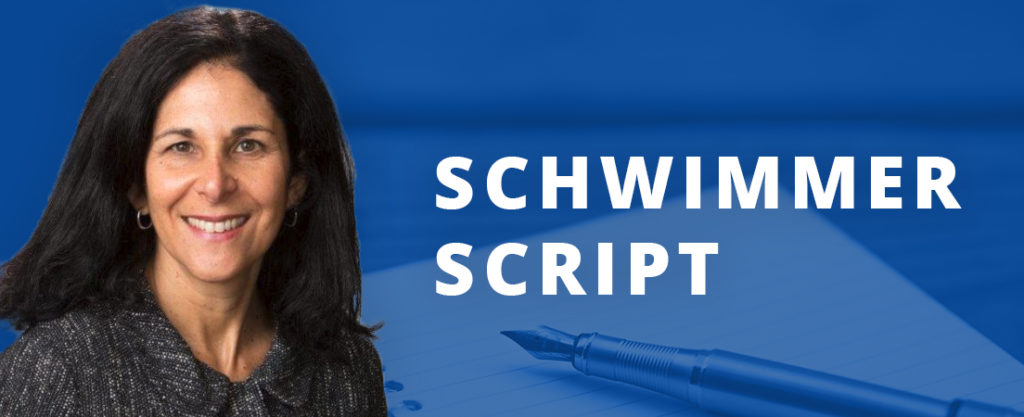I’ve been thinking about community these days, and what makes a community a good place to live. There are the essentials such as clean air and water and, also important, good schools and open space. Yet community is also about the familiar — faces, places, signs, smells, and sounds. Maybe your favorite bagel shop, pizza place, old playground, or high school track. Community is the place and people who make you feel at home.
Recently I’ve also been thinking about health equity and find myself asking: how can a state as wealthy as New Jersey, and with so many layers of government and vital programs, still have significant disparities in health and wellness? And how do we create meaningful change in an equitable way for those who have been historically left out?
The research tells us that community is the answer. Indeed, the CDC now funds local partnerships with community organizations and trusted messengers as part of the Partnering for Vaccine Equity Program; surveys suggest that these efforts have helped address concerns about flu vaccines within Black and Latino communities. Moreover, for outreach to enroll people in programs such as Medicaid, researchers found that the most successful efforts were outreach by trained local parent mentors who assisted families in getting insurance coverage, accessing health care, and addressing social determinants of health. These parent mentors were more effective than traditional methods of advertising and outreach (95 percent vs. 69 percent), succeeding in faster enrollment in services, higher levels of satisfaction, and improving overall child wellness.
New Jersey’s experience with COVID-19 vaccine distribution also supports this approach. The New Jersey Department of Health engaged community ambassadors who were affiliated with or worked with local partners such as churches and community centers. As a result of these grassroot outreach efforts, vaccination rates among those in Black and Latino communities improved. Trusted leaders in community locations made a difference.
Engaging community leaders in an authentic way is not simple. It can be more time consuming and harder to scale than working with large health systems or staffing companies, which have the capacity and experience to quickly deploy resources to undertake a massive project like running the centralized vaccination sites. But both strategies, especially the community-based work, are necessary to achieve health equity in our state. We must continue, and strengthen, the community engagement programs that began during the pandemic.
Mayors and other local leaders, including public health officers and human service officers, play a critical role here. They are familiar, trusted faces and voices in their communities. We need to provide these leaders with greater resources to create focused, community-based engagement to drive health equity — whether that’s funds for social workers and community health workers, health information in multiple languages, or the flexibility to create the outreach they believe would work best in their communities.
The Quality Institute’s Mayors Wellness Campaign (MWC) was built around the recognition that local grassroots efforts are essential to the health and wellness of New Jersey’s towns and cities. One element of the MWC highlights the work of an individual — that trusted person in the community who is making a difference. Each year, we invite mayors to nominate someone who is passionate about health and wellness activities in their community to be honored as a MWC Champion of Health. This year, we received a range of impressive nominations that included municipal employees, MWC committee members, health experts, and even volunteer high school students. These individuals organize and implement programs, dedicate their time to helping more vulnerable members of the community, and encourage a culture of health in their towns. We will announce the MWC “2022 Champion of Health” winner next week. While we are only naming one “2022 Champion of Health”, we know there are so many others working to improve the health of their communities one person at a time. Let’s give thanks and support to all those community champions of health.

